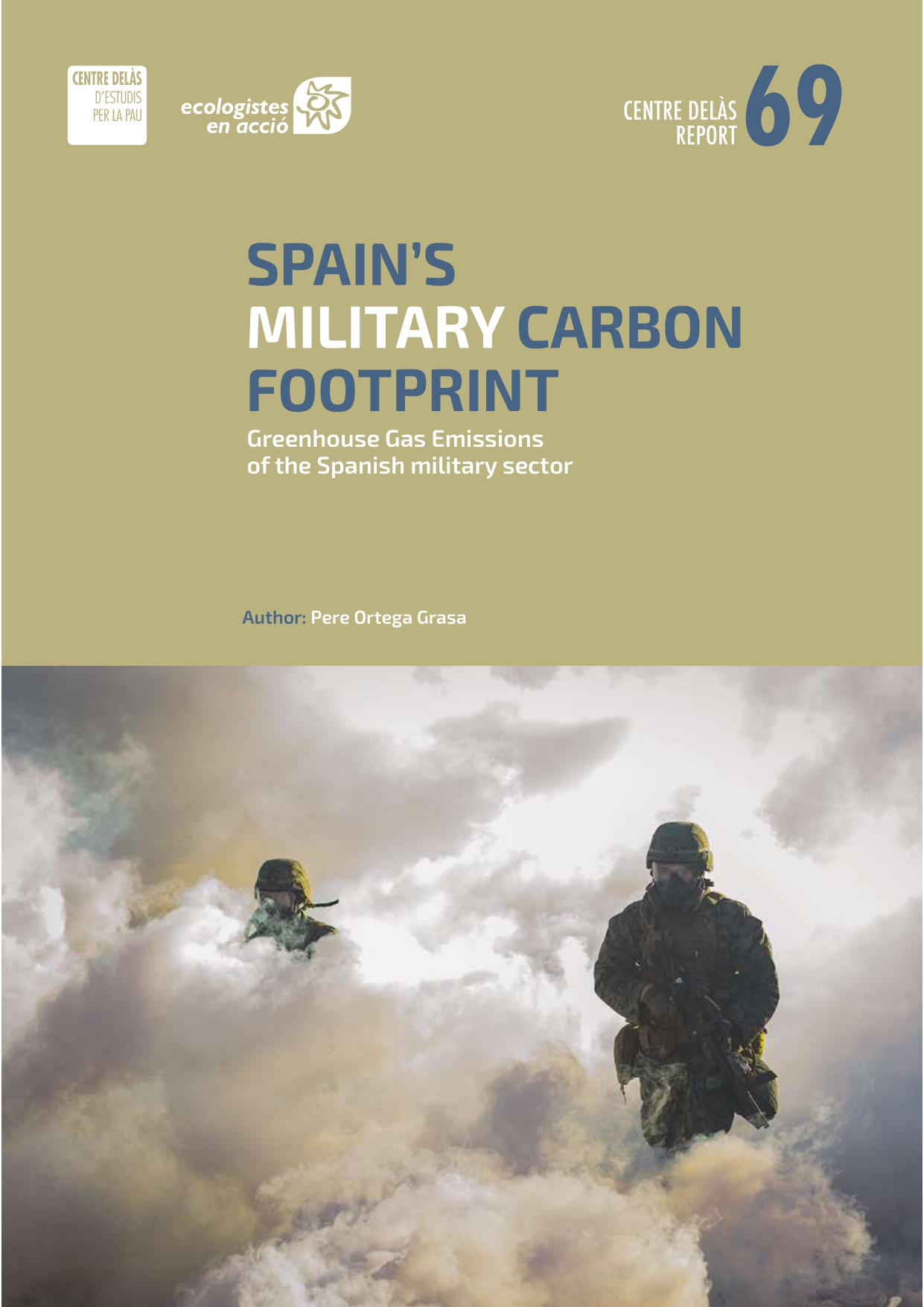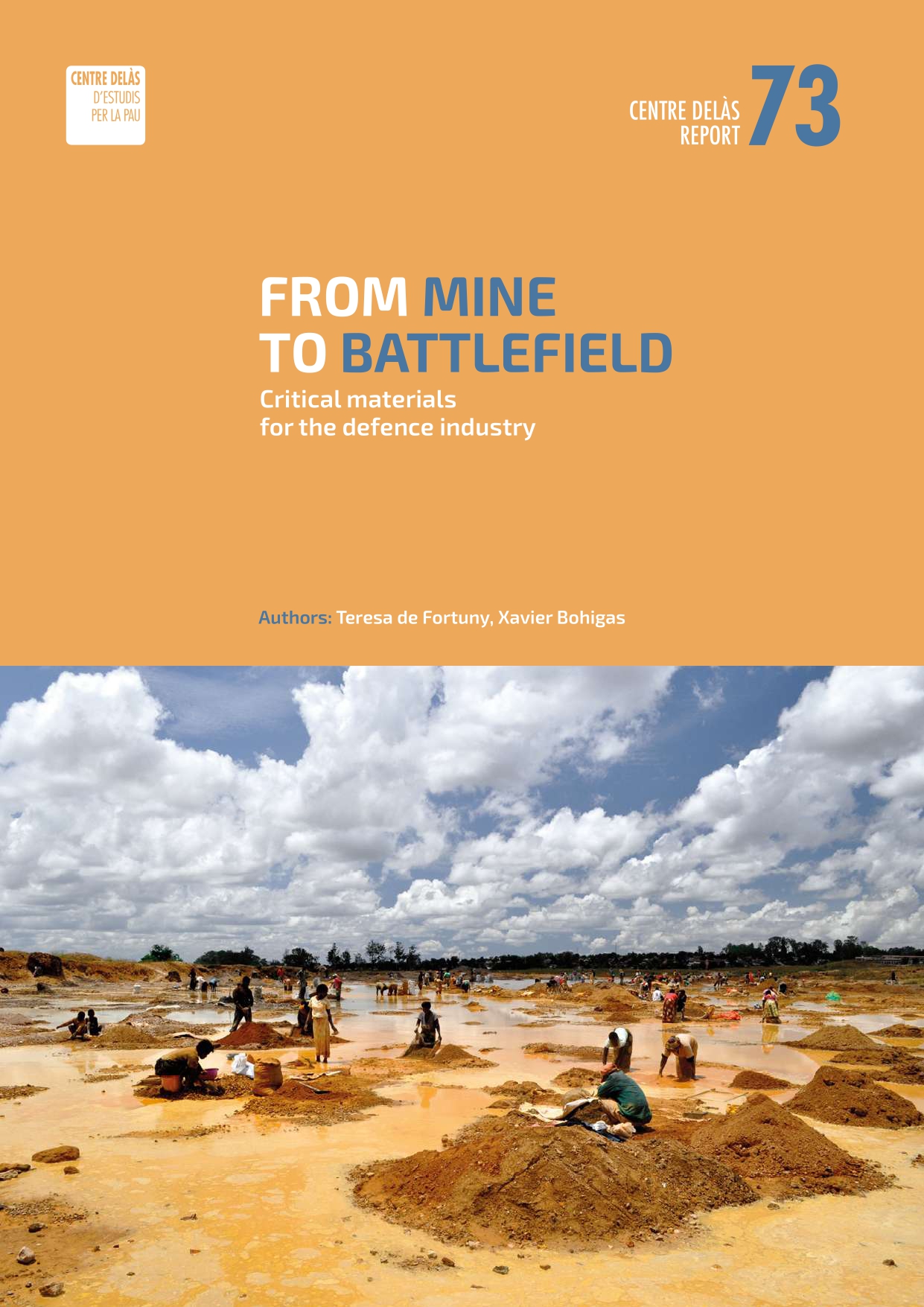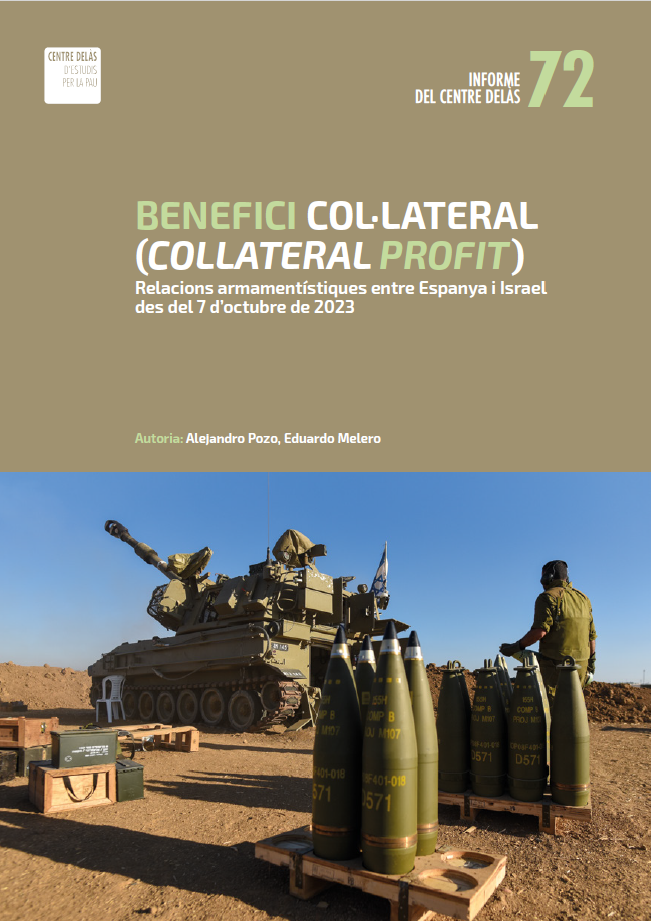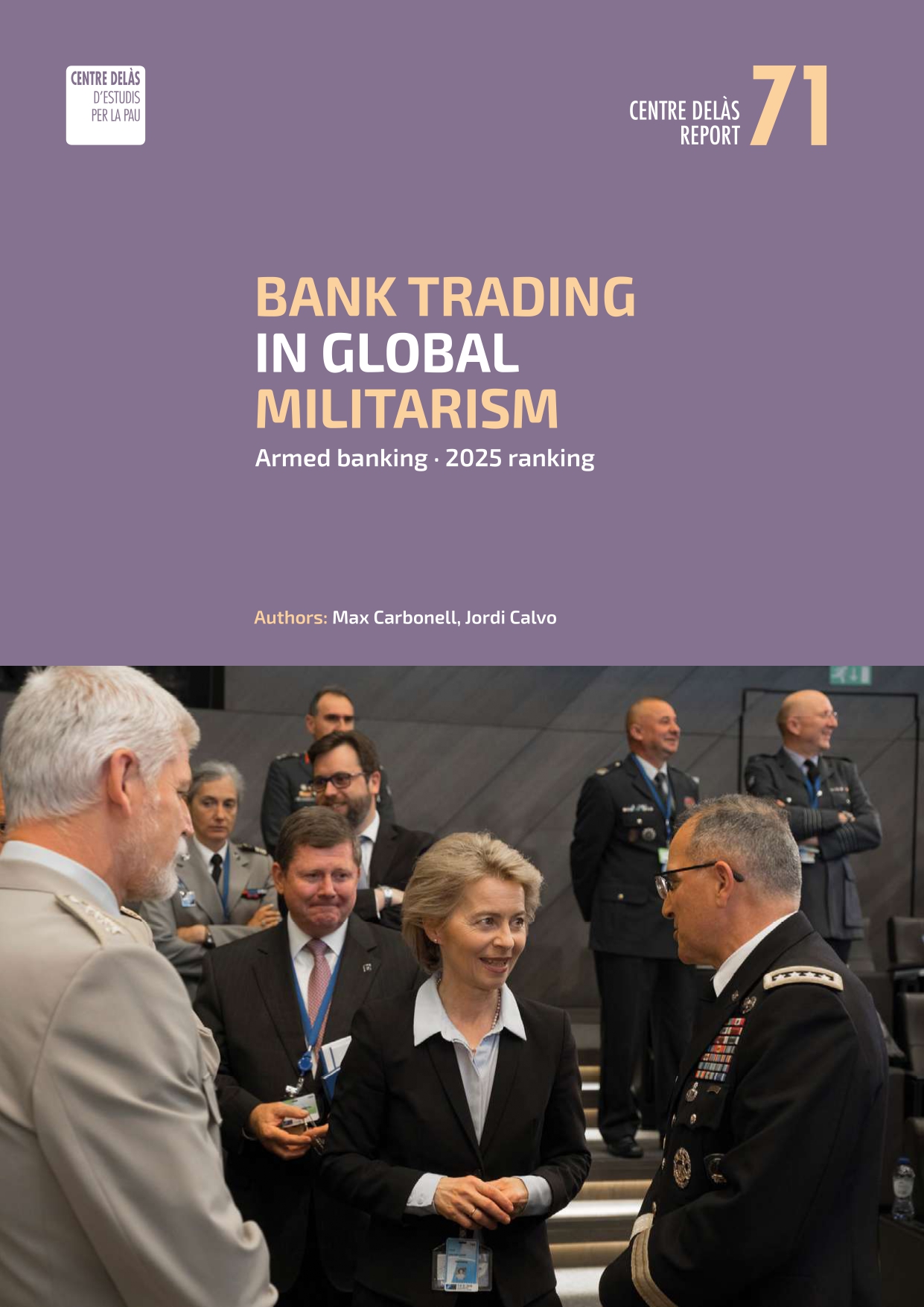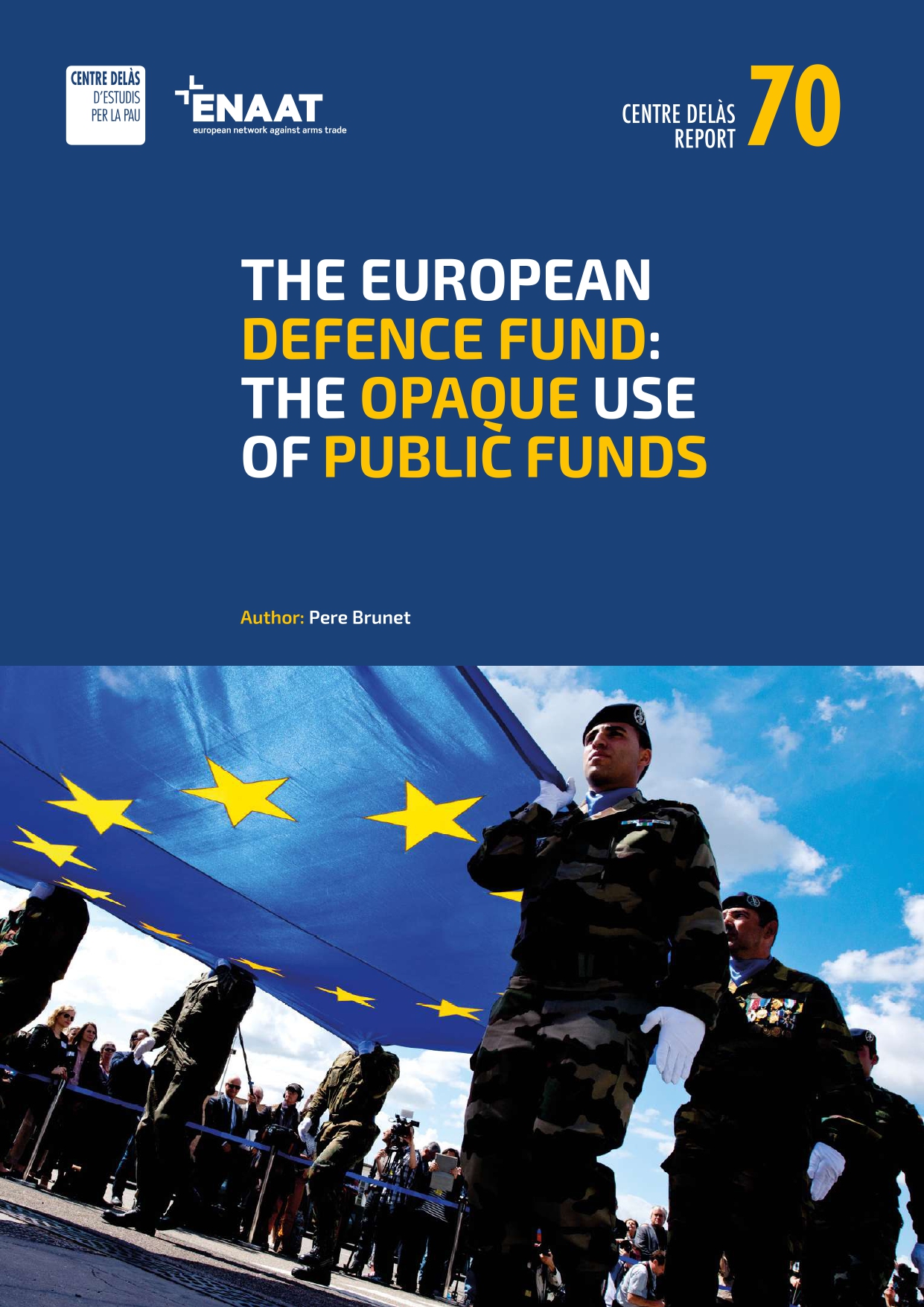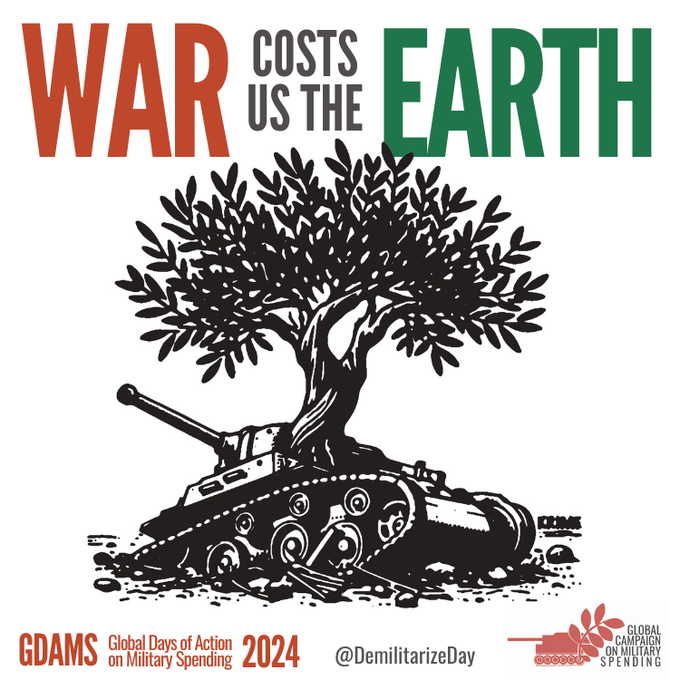Report 69: Spain’s military carbon footprint. Greenhouse Gas Emissions of the Spanish military sector
The military sector (armed forces and arms industry) is a major energy consumer, mostly of fossil fuels, which makes it a major greenhouse gas emitter. The military sector is therefore heavily involved in our climate crisis. To assess its carbon footprint, we need to take every phase of the production cycle into consideration, from extraction of the raw materials needed to make arms and military equipment, to their subsequent use, and management of the waste generated by the entire production cycle. In addition to their barracks, facilities and bases, armies also use training camps, where they carry out manoeuvres and target practice. All of these sites generate waste such as exploded and unexploded munitions, which degrade soil, marine waters and the ecosystems where they were deployed. As well as causing death, destruction, and terrible suffering among local populations, armed conflicts and wars also contaminate soils and aquifers, destroy habitats and biodiversity, and of course they also emit large volumes of greenhouse gases into the atmosphere, increasing global warming.
Yet the armed forces and arms industry are not required to report their greenhouse gas emissions. Military emissions were exempt from the 1997 Kyoto Protocol. The 2015 Paris Protocol did away with this exemption, but each country remains free to decide whether to report its military emissions volumes.
This report offers an estimate of the GHG emissions of the military industry and the Spanish Armed Forces and argues that we urgently need to achieve transparency and control over the military sector’s greenhouse gas emissions, and that national governments report their military emissions and commit to
reducing them, as this sector is one of those most responsible for the climate crisis.
Author: Pere Ortega
Read and download the executive summary in English, in Spanish and in Catalan, and the complete report in English, in Spanish and in Catalan.

